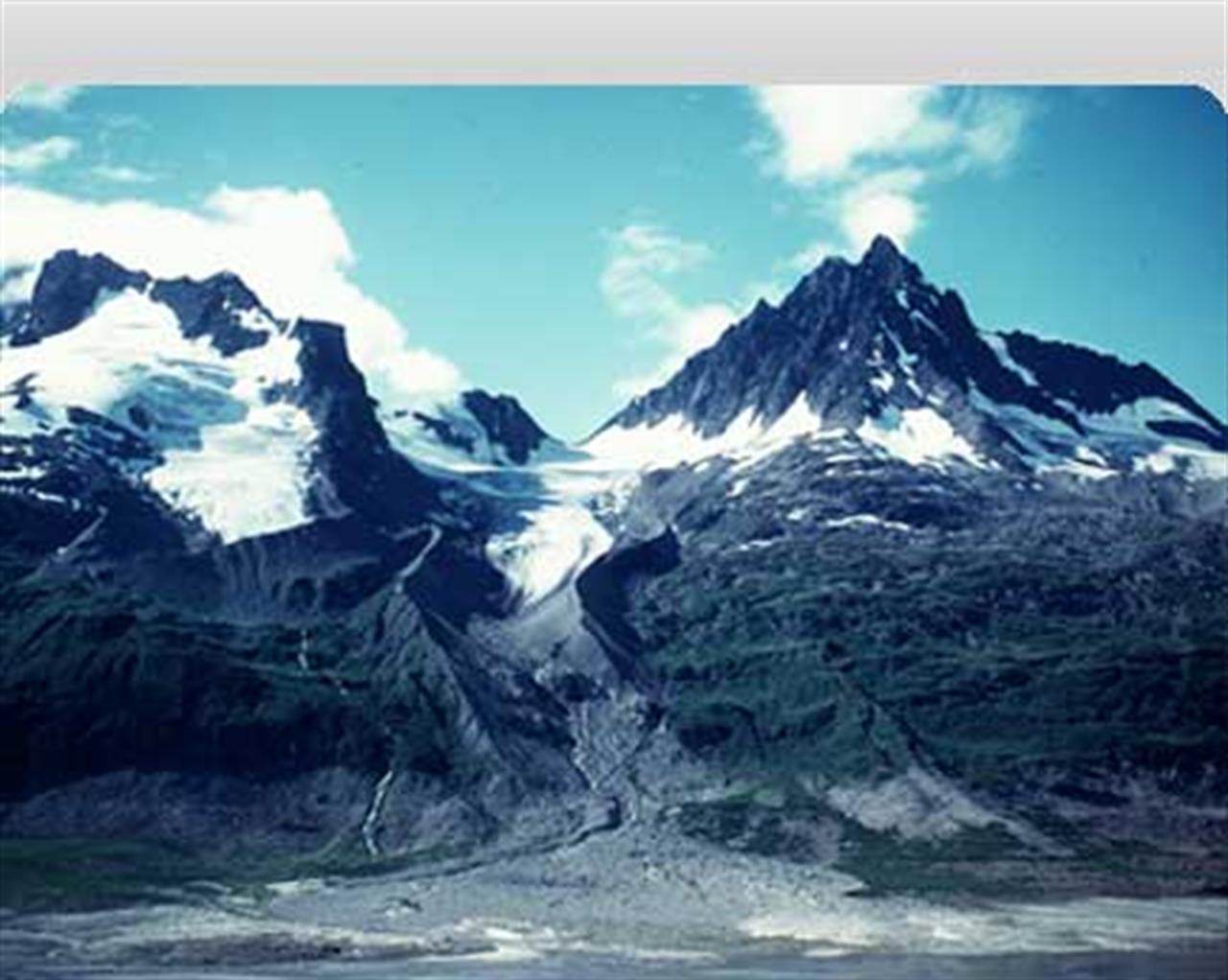Sostenibilità
Of melting glaciers and climate change deniers
Interview with Luca Mercalli Italian celebrity climatologist
di Staff

“Very few people actually realise the drastic change in temperatures, but glaciers are a whole other set of cards. It’s not just that you can confront pictures from 100 years ago and today, it’s that you can already feel the difference by simply going up into the mountains.”
Luca Mercalli, Italian climatologist and member of the WWF scientific committee, answers Vita’s question. In order to give his expertise on the climate change debate, Mercalli first of all insisted on speaking about glaciers, which is where the effects of global warming can be seen the most.
Which state are our alpine glaciers in? Have they become at high risk of extinction?
Since the half of the nineteenth century we have lost one half of the total glacial surface in the Alps. Our glaciers don’t have on high depth apart from big glaciers, as those of the Mont Blanc and of the Monte Rosa. The small alpine glacier is between 20 and 50 metres deep. This means that if the global warming trend remains as it is, in the next 50 years we could lose all our small alpine glaciers.
If the trend increased, things would get even worse.
Let’s talk about climate change’s sceptics: do they represent normal dynamics within the scientific debate?
I think there is something else going on. Putting into discussion scientific data is a healthy practice. Scientific method is based on doubt. None of us have become dogmatic when we point to the strong scientific evidence on climate change and the fact that human action has the greatest part of responsibility. But in Italy there is something different going on, there is a phenomenon that has become ideological which is confronting the scientific community with people who have no competences whatsoever on the matter. This is no longer a scientific debate.
Then how should this opposition be interpreted?
Easy. All you need to do is put your Sherlock Holmes cap on.
First, try to look for motives. On the one hand I can’t see a motive: what do we, the scientists, the researchers, the WWF gain by carrying out this thesis? By now, it is well-known that one doesn’t become rich by publishing a book or some articles on climate change. Scientific research can certainly not be defined as a big economic lobby. On the other hand though, interests are crystal clear and gigantic, and can be traced back to the economy surrounding fossil sources.
Translated from Ecomondo in Vita magazine by Cristina Barbetta
Si può usare la Carta docente per abbonarsi a VITA?
Certo che sì! Basta emettere un buono sulla piattaforma del ministero del valore dell’abbonamento che si intende acquistare (1 anno carta + digital a 80€ o 1 anno digital a 60€) e inviarci il codice del buono a abbonamenti@vita.it
